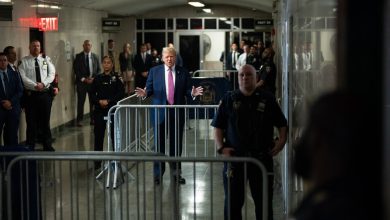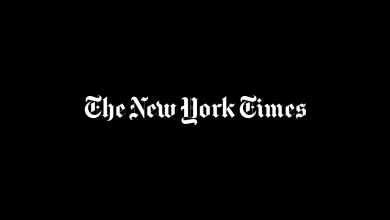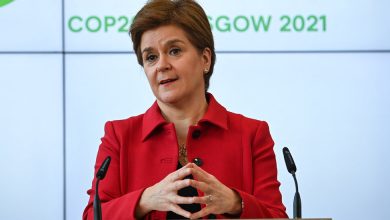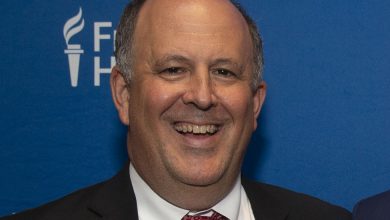Strong Economic Data ‘Could Warrant’ Higher Rates, Fed Chair Says
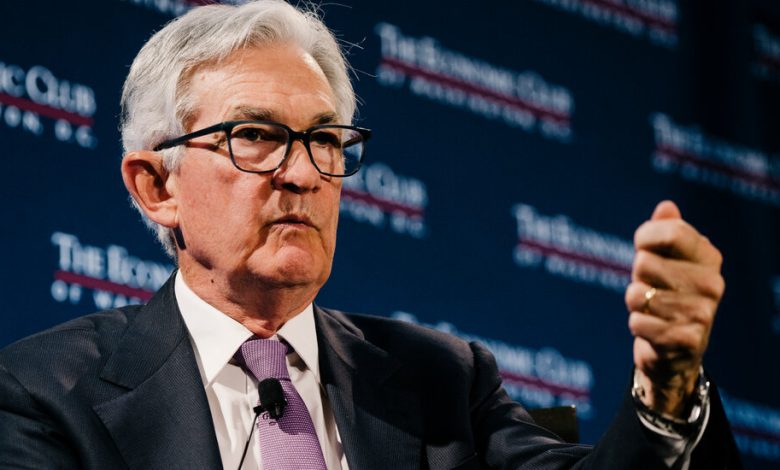
Jerome H. Powell, the chair of the Federal Reserve, reiterated the central bank’s commitment to moving forward “carefully” with further rate moves in remarks prepared for delivery on Thursday. But he also said that the central bank might need to raise interest rates more if economic data continued to come in hot.
Mr. Powell tried to paint a balanced picture of the challenge facing the Fed in a speech before the Economic Club of New York. He emphasized that the Fed is trying to weigh two goals against one another: It wants to wrestle inflation fully under control, but it also wants to avoid doing too much and unnecessarily hurting the economy.
Yet this is a complicated moment for the central bank as the economy behaves in surprising ways. Officials have rapidly raised interest rates to a range of 5.25 to 5.5 percent over the past 19 months. Policymakers are now debating whether they need to raise rates one more time in 2023.
The higher borrowing costs are supposed to weigh down economic activity — slowing home buying, business expansions and demand of all sorts — in order to cool inflation. But so far, growth has been unexpectedly resilient. Consumers are spending. Companies are hiring. And while wage gains are moderating, overall growth has been robust enough to make some economists question whether the economy is slowing sufficiently to drive inflation back to the Fed’s 2 percent goal.
“We are attentive to recent data showing the resilience of economic growth and demand for labor,” Mr. Powell acknowledged in his prepared remarks on Thursday. “Additional evidence of persistently above-trend growth, or that tightness in the labor market is no longer easing, could put further progress on inflation at risk and could warrant further tightening of monetary policy.”
At the same time, there are reasons to think that the economy could be poised for a more marked slowdown. The Fed has already raised short-term interest rates a lot, and those moves may still be trickling out to slow down the economy. And importantly, long-term interest rates in markets have jumped higher over the past two months, making it much more expensive to borrow to buy a house or a car.
Those tougher financial conditions could affect growth, Mr. Powell said Thursday.
“Financial conditions have tightened significantly in recent months, and longer-term bond yields have been an important driving factor in this tightening,” he said. “We remain attentive to these developments because persistent changes in financial conditions can have implications for the path of monetary policy.”
The war between Israel and Gaza — and the accompanying geopolitical tensions — also adds to uncertainty about the global outlook. It remains too early to know how it will affect the economy, though it could undermine confidence among businesses and consumers.
“Geopolitical tensions are highly elevated and pose important risks to global economic activity,” Mr. Powell said.
He reiterated the Fed’s commitment to bringing inflation under control even at a complicated moment. Consumer price increases have come down substantially since the summer of 2022, when they peaked around 9 percent. But they remained at 3.7 percent as of last month, still well above the roughly 2 percent that prevailed before the onset of the coronavirus pandemic.
“A range of uncertainties, both old and new, complicate our task of balancing the risk of tightening monetary policy too much against the risk of tightening too little,” Mr. Powell said. “Given the uncertainties and risks, and how far we have come, the committee is proceeding carefully.”

